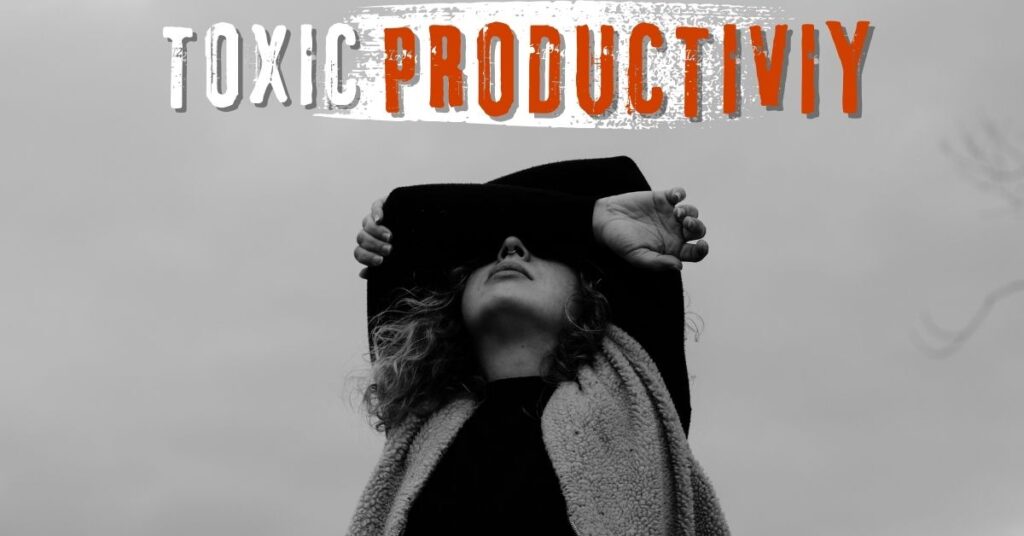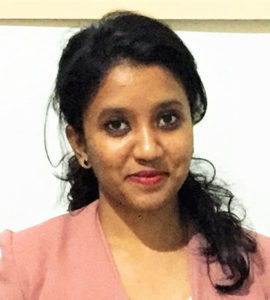
— PODCAST TRANSCRIPT —
As we celebrate Stress Awareness Month, I want you all to ask yourselves, do you find yourself biting off more than you can chew? Have you ended up in a situation where you have been burdened by your blind hunger for work? Or have you ever attached your self worth to your productivity levels? If yes, you might be a victim of Toxic Productivity.
Grazia defines toxic productivity as the obsession with radical self-improvement and the act of setting unachievable goals which cause us to set high standards for ourselves. Simply put, it is the constant need to make ourselves better at the cost of our mental and physical well-being.
On the spectrum of productivity which includes toxic and healthy productivity, toxic productivity is a pendulum swinging from point A of you being consumed by emotions to point C of you being consumed by work. Therefore, you are either drowning in your feelings or in your work.
What separates toxic productivity from healthy productivity is the overwhelming feelings which arrive with your responsibilities like an unwanted free item from the grocery store. You may end up making compromises on your personal life and before you know it, all you can focus on is performing better.
This mindset has risen in the wake of the pandemic when the workspace became entirely virtual and timezones truly became the talk of the past, and has since only promoted the idea of “hustling” and making the best of the global lockdown. What people overlooked was the emotional impact of both the fatal coronavirus and the lack of personal time due to sporadic work schedules.
Some tips which may help you cope and recover from this damaging lifestyle are:
- Plan your day. The minute you plan out your day you will know what is achievable and what isn’t and you can remove the tasks you cannot do. Planning also helps you make time for family and other personal commitments.
- Know when to say no. As soon as you and people around you realise that you cannot be professionally available all the time, you will find that your workload has reduced. So, the next time someone asks you to help with a presentation and you cannot, just (nicely) say you don’t have the time for it.
- Last but not least, don’t push yourself to overachieve. Just because you are ticking your to-do list doesn’t mean the work is of quality, and remember we always prioritize quality over quantity.
We hope that you have learnt a thing or two about toxic productivity and will practice a few habits which do you more good than harm in these trying times!




